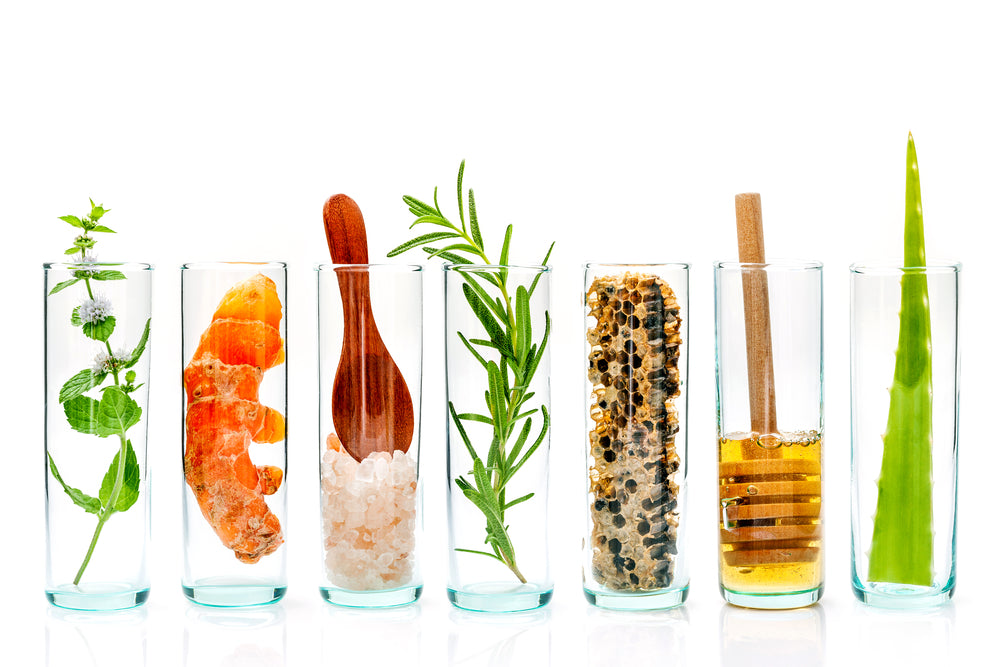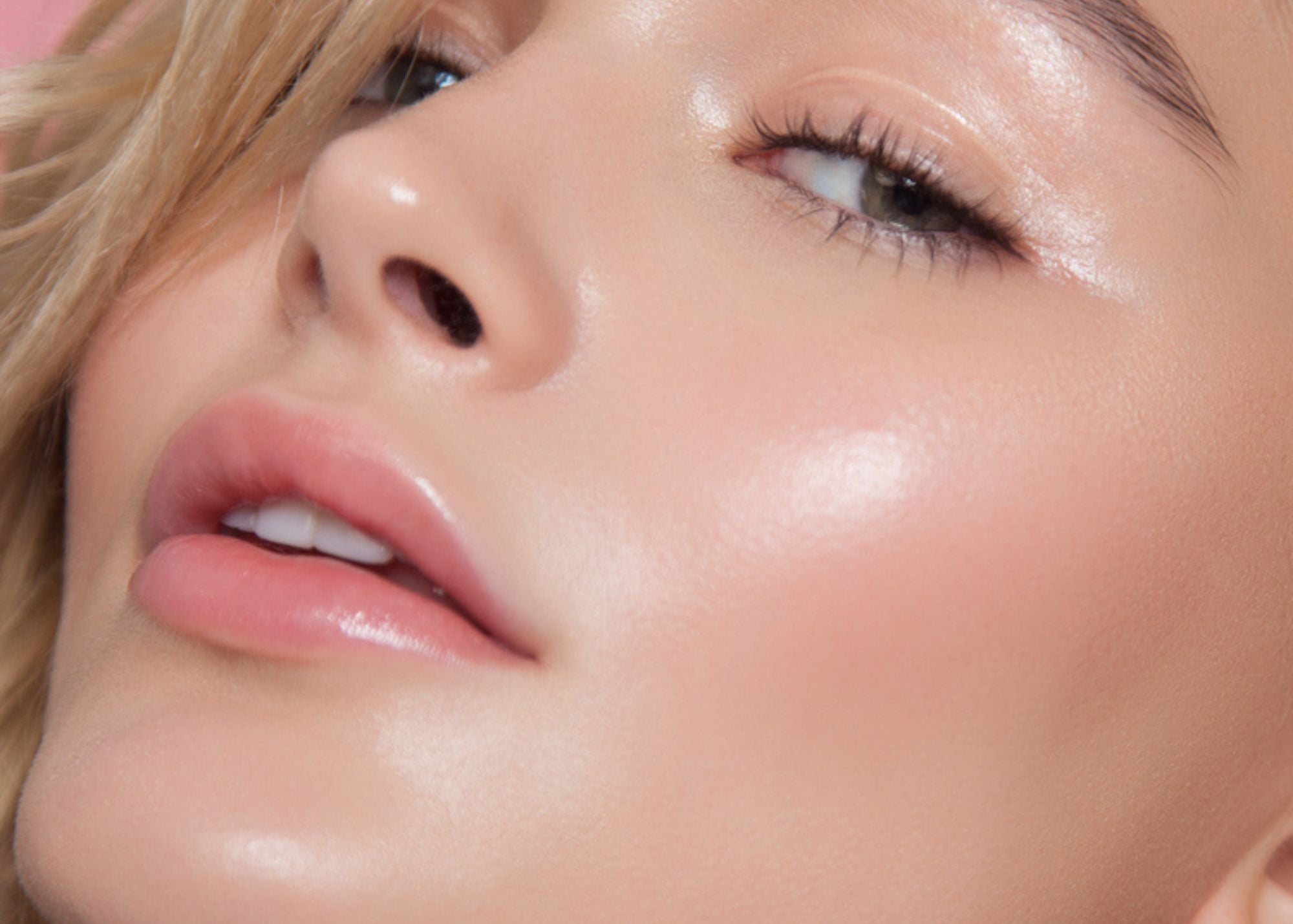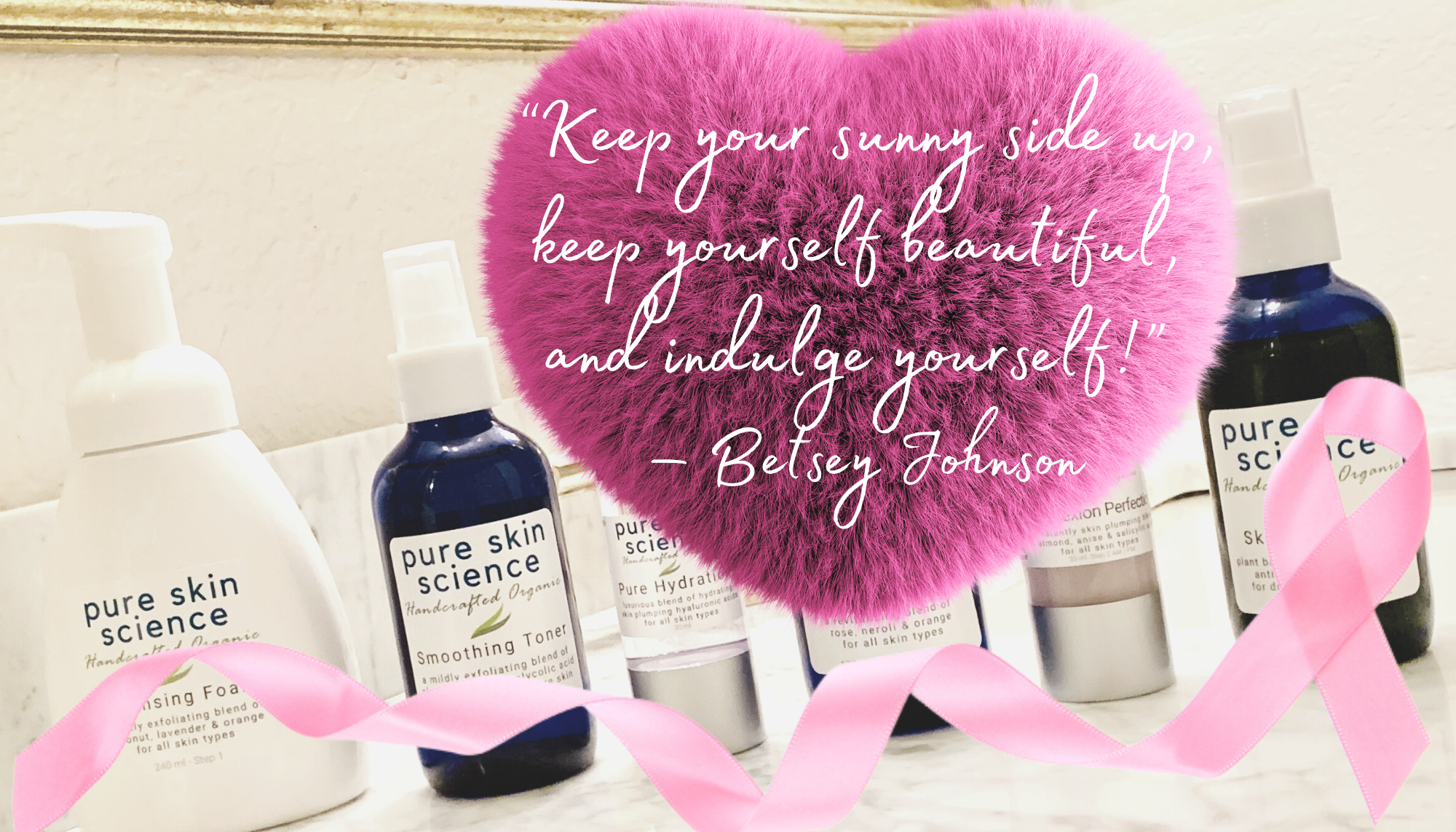
Is your Organic Skin Care making you sick?
Unfortunately, this title is not click bait. Your holy grail "organic" skin care products may actually be full of harmful toxins and chemicals. You may be thinking, "How is this possible?" or "How do I know which ingredients to avoid?" Keep on reading, and you will find out!
Let's first create a base knowledge of what organic certification really means. First, certification only applies to ingredients that are from an agricultural source. Moreover, only 70% of a total product has to consist of organic ingredients for it to be labeled as an "organic" product. This means that up to 30% of a product could be made up of potentially harmful filler materials and preservatives, even though it is labeled as "organic." Shocking, right?
Well, that's not all. Private certifiers also have the ability to make up their own rules and regulations as to what makes something "organic" or not. Essentially, this means that a product that is certified as "organic" by one, may be considered "inorganic" by another. To complicate matters even more, companies are quickly realizing their consumers' growing knowledge on damaging ingredients. For example, Parabens are a widely known set of preservatives that are recognized as toxic. Instead of reformulating their products to eliminate Parabens, companies instead change the name to one that is unrecognizable. Thus, consumers end up purchasing a product that has the ingredient they were trying to avoid all along.
How can you avoid falsely advertised organic products? You have to take the time to research ingredients and read the labels.
At Pure Skin Science, we only purchase from smaller, sustainably farmed sources that ensure our products are 100% made from truly organic ingredients. We do not use any artificial chemicals in our skin care products, unless they are registered to be perfectly safe to your health without compromising the quality of our pure organic ingredients. If you would like to shop our products, click here.
To help you in your investigative research, we have compiled a list of major skin care ingredients to avoid (although there are many other additional hazardous chemicals out there). This list is continuously updated as new research becomes available, so please feel free to use this as an ongoing reference.
Skin Care Ingredients to AVOID:
- Parabens (i.e Propylparaben, Methylparaben etc.)- inexpensive preservatives widely used in cosmetics and skin care products. Studies show their presence in 18 out of 20 breast cancer tumors tested. Their hormone-disrupting qualities mimic estrogen, possibly disrupting our bodies endocrine system.
- Mineral Oil, Paraffin and Petrolatum- petroleum products that clog pores and cause build up of toxins, slowing cellular development, which leads to early signs of aging. Implicated as a suspected cause of cancer and disrupting normal hormonal activity.
- Propylene Glycol- common filler, carrier for fragrance in lotions and moisturizers. May inhibit skin cell growth leading to early signs of aging. IT can also cause skin irritation and dermatitis and is likely to cause kidney and liver problems.
- Sodum Laureth (SLES), Sodium Laurel or Lauryl Sulfate (SLS)- found in over 90% of personal care products, they break down the skins protective moisture barrier, potentially leading to dry skin with premature aging. Their ability to easily penetrate the skin allows other chemicals access, and if combined they can become a nitrosamine- a potent carcinogen.
- Acrylamide- found in many lotions and creams; linked to mammary tumors.
- Toluene- petroleum/coal tar product found in most synthetic fragrances. Exposure is linked to anemia, lowered blood cell count, liver or kidney damage, and may affect a developing fetus.
- Dioxane- present in PEG, polysorbates, laureth, ethoxylated alcohols, and is very common in personal care products. These chemicals are often contaminated with high concentrations of highly volatile 1,4-dioxane that is easily absorbed through the skin. Its carcinogenicity was first reported in 1965 and later confirmed by the National Cancer Institute in 1978.
- Phenol Carbolic Acid (PCA)- used in many lotions and skin creams; can cause circulatory collapse, paralysis, convulsions, come and even death from respiratory failure.
- Retinyl Palmitate- used widely in skin creams, foundations and sunscreens. Was featured on the News in early 2012 as being a carcinogen, specifically when combined with UV exposure.
- Oxybenzone- used in almost every sunscreen product. Was featured in the same news report as Retinyl Palmitate, warning consumers of carcinogenic effect. Skin cancer has increased by 690% since the 1970's start of promoted use of heavy chemicals in sunscreen products.




1 comment
I never knew that organic skincare products may actually be full of harmful toxins and chemicals. My aunt will be curious about hit skincare products. I’ll share this post with her about Private Label Organic Personal Care Products. http://privatelabelselect.com/products/personal-care
Jeff Carbine
Leave a comment
This site is protected by hCaptcha and the hCaptcha Privacy Policy and Terms of Service apply.